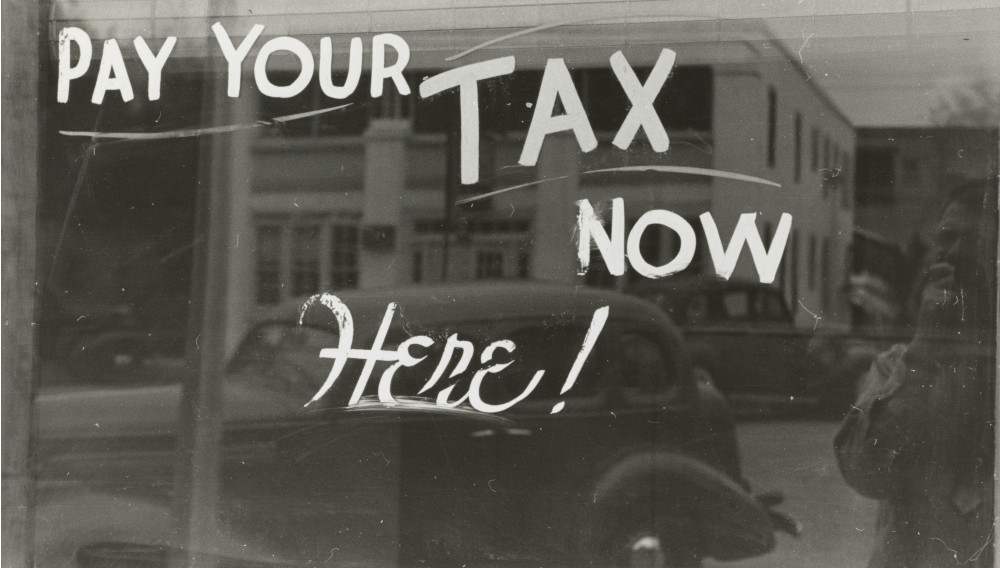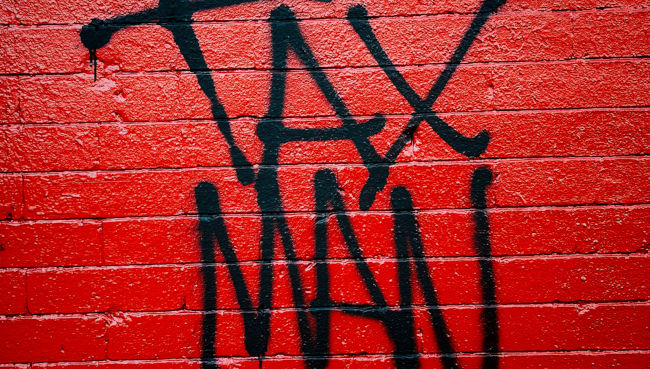He called himself Jesus: Geneva court upholds fine for Pierre Castel
Switzerland | In Geneva, the billionaire Pierre Castel had registered under the name Jesus Castel. For 30 years, the Swiss taxman was clueless. Then he realised his mistake after reading the press.
In July 2022, the Administrative Chamber of the Geneva Court ruled that Pierre Castel, the most famous French tax exile and 12th richest person in Switzerland, would have to pay CHF 415 million (USD 450 million) in back taxes and fines.
However, the ruling and the amount claimed in full only became public in October, when the Swiss news outfit, Gotham City, found it published on the court’s website. The document obliquely referred to Mr Castel as a “French national of Spanish origin”, born in 1926, who “had left France to settle in Switzerland” and registered “in the commercial register of the canton of Geneva in 1981”. The Gotham City sleuths immediately put two and two together. To their surprise, the court removed the judgment from the website, the day after Gotham City’s article appeared. When it came back online eventually, the full amount had been deleted.
The judgement immediately became a scandal. Not just in terms of the phenomenal sum of money. It also raised the question as to why the Geneva tax authorities had failed to probe into Mr Castel’s tax declarations for so long?
The taxman’s feeble explanation runs that Mr Castel, 96, had registered under his birthname Jesus – and not his given name Pierre – after he moved to Switzerland in 1981 following the election of President Francois Mitterrand, a socialist.
It pays to read the press
It is incredible that Mr Castel’s true identity was only revealed to the taxman through press articles, which put him at the helm of a sprawling network of more than 215 companies in 40 countries. What propelled the authorities into action in 2017 was that none of this was reflected in his tax filings.
Alas, by that stage, they could only open proceedings for the years 2007 to 2011, due to the limitation period.
While it is true that Mr Castel has built one of Europe’s most secretive fortunes, this does not mean that he has remained in the shadows. He is a well-known industry personality, not least thanks to his vast beer and beverage business in Africa, which is the group’s real money maker. By entering into the African markets in the early 1950s, Mr Castel managed to obtain quasi-monopolies in several countries. The business was built through a mixture of privatised, acquired and newly-built breweries that produce and distribute dozens of popular local brands.
The African business, nowadays spearheaded by sons of Mr Castel’s late sister Pilar, has a longstanding venture with AB-InBev (inherited from SABMiller). Until last year, the group was also a major Coca-Cola bottler. In July 2022, it acquired Diageo’s Guinness business in Cameroon for GBP 389 million (USD 460 million).
No paper trails
Talk to insiders and they will tell you that, even in old age, Mr Castel would be visiting his breweries in Africa, hobnobbing with the countries’ Big Men, and sealing deals with his word and a handshake.
Mr Castel was also outspoken. In a rare interview, Castel once said that France was “dangerous, both financially and economically” because of its high taxation. Commenting on his 2001 cross-shareholding deal with South Africa’s SAB in Africa, he argued: “It is better to have an undisputed monopoly than to be weakened by competition.” Obviously, this did not go down well with the antitrust watchdogs. But there was nothing they could do.
As to the group’s corporate structure, its ownership, and who would take over from Mr Castel – at least four of his nephews have key roles at the top of the group, and he also has a daughter – very little was known. The term most frequently heard was: “byzantine”. In a study for the Association Survie, an NGO, the researcher Olivier Blamangin argues that the group has “set up a sophisticated system of companies and holdings domiciled in tax havens, [...] which makes it possible to channel profits to the currently most attractive offshore locations.” An organigram of Groupe Castel (in French) was published on the website swissinfo.ch on 8 January.
Building safeguards against a sale
Mr Castel founded Groupe Castel with four of his eight siblings in 1949. The group is one of the world’s biggest wine producers and traders, the second-largest brewer in Africa and the owner of a chain of 500 wine stores across France, called Nicolas. The group has an annual revenue of about EUR 4.4 billion (USD 4.8 billion) and a global workforce of 32,000 people. Swiss media put Mr Castel’s wealth at CHF 13 billion to CHF 14 billion (USD 15 billion).
In order to protect his company from a sale and a breakup, Mr Castel, in 1992, transferred his shares to a Liechtenstein foundation, SCOMAF. In 2009, the foundation shifted the ownership of the holding company, Cassiopée Limited, which comprises the entire share capital of the Groupe Castel, to a fund in Singapore, the Investment Beverage Business Fund. People familiar with Mr Castel’s thinking told Bloomberg that his succession plan was prepared many years ago and that his deep desire is for the group to remain family-owned and independent.
While Mr Castel’s lawyers argue that he removed himself as owner of the group in 1992, the court ruling found there was insufficient proof. The Swiss suspect that the patriarch has retained control throughout and, what is more, received very high dividends via the Liechtenstein and Singapore entities.
Mr Castel denies any attempt at tax evasion. In December, the Swiss Federal Supreme Court upheld the judgement. Media say that so far, Mr Castel has only agreed to repay the sum he owes for 2009. Another procedure, which covers the years 2010 and 2011, is still underway.
Keywords
beverage market beer market international beer market Switzerland taxes
Authors
Ina Verstl
Source
BRAUWELT International 2023


